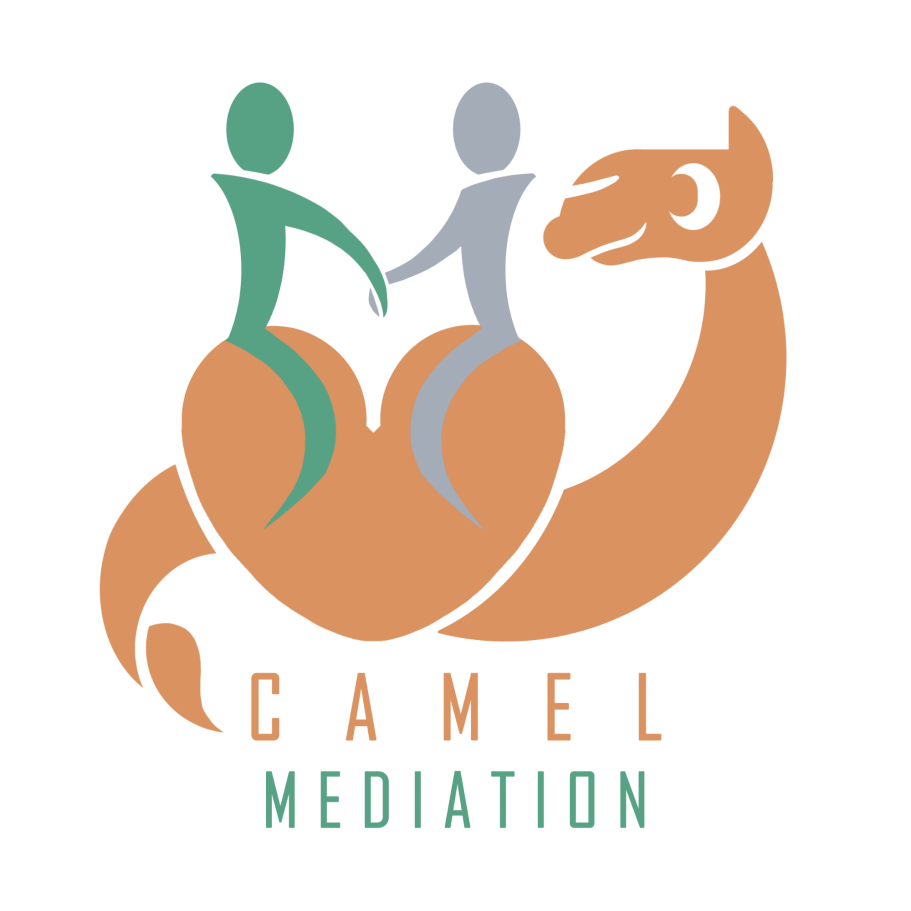
Mediation of Inheritance Disputes
Some 90% of family inheritance disputes settle before they reach the proverbial court steps.
Over 50% of disputes are never lodged at court, settling at the early stages of litigation.
And that's a good thing.
Only bad things come from a court battle. Worry, costs and time.
There's no way around the misery of a court battle. Only crawling your way to the bitter end of it.
Even with the strongest of cases, you never know how it will turn out. Who really knows who's right until the judgment is handed down? Lawyers can give you their views on merits, or quantum, but they'll always be caveated with what we call a 'litigation risk'.
Even after the judgement declares a 'winner', there'll be speculation. Was the winning party really right? Or just 51% right?
Was the winning party right because the judge just missed the point. Might there be an appeal lodged?
Did one party performed better than the other on the day? Did they get lucky? Win by the skin of their teeth?
Will the judgment, really resolve anything or will money just change hands?
Mediation is about the participants controlling the outcome, no longer clashing swords between a right and a wrong, and seeing if they can find a solution together that offers a better alternative than a legal battle where, win or lose, all will likely end up wounded emotionally and financially, regardless if they come out the winner or the loser.
The only fights you truly win are the ones you don't have.
Alternative Dispute Resolution for inheritence disputes is now integrated in the court system. The courts recognise that legal battles can be emotionally draining, time-consuming, and costly, with no guarantee of victory. Parties may face penalties if they do not explore alternative dispute resolution options before proceeding to court.
While legal matters are rarely straightforward, it is important for parties to carefully consider their options and weigh the benefits of finding a compromise or narrowing the issues for court intervention.
No party should ever be forced to mediate. No party should be held to ransom by a hopeless claim. But the parties need to constantly evaluate the situation they face and make a judgment call on whether finding a compromise, or at least narrowing the issues to be decided by a court, will serve them better than the time and expense of a court process.
Most disputes are not black and white. Conflict is a normal part of life. This is never more true in a family. All our families are full of ‘heart-truths’. Favourites, or percieved favourites. Bullies, or perceived bullies. Deserving versus the undeserving.
When I'm working for my clients in the role of contentious probate specialist solicitor, at some point settlement options are on the table. Whether to choose to settle rarely ends up being a purely monetary consideration. Buried pasts rise to the surface of the discussions. Grudges and perceived slights are often the barrier to overcome in any settlement that both parties can live with.
Mediation is private, quicker than court and more cost effective. It takes courage to meet your conflict with a family member head-on. When you do, the opportunities for lasting solutions are empowering and could enhance the rest of your life.
At the end of a court case, all that can be achieved is money changes hands. Money can’t buy peace. Parties that choose to consider mediation often create greater harmony for their future family relations by coming up with a solution to their issue that affects their future rather than leaving it to a court to decide.
My role as a mediator is to help you explore other avenues in the hope of saving the participants the turmoil of a full blown court process, along with the hefty legal bill.
We need your consent to load the translations
We use a third-party service to translate the website content that may collect data about your activity. Please review the details in the privacy policy and accept the service to view the translations.

